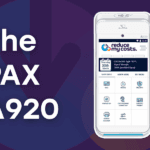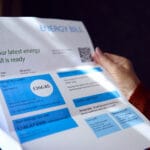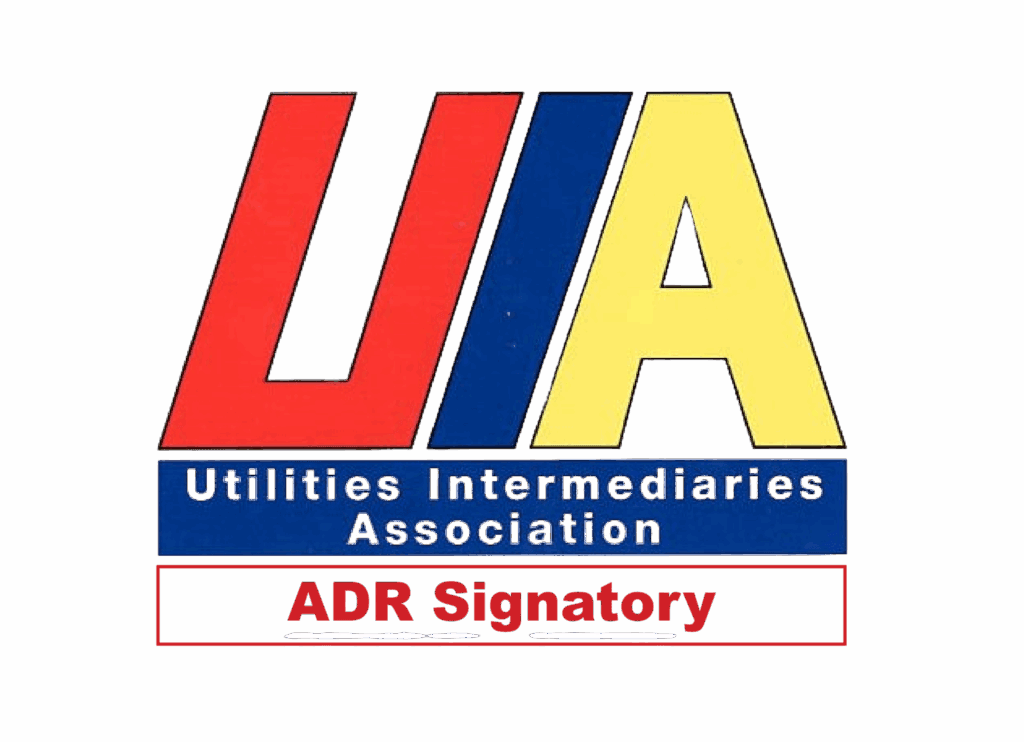The rollout of Market-Wide Half-Hourly Settlement (MHHS) has been delayed until October 2025, giving businesses more time to prepare for this important change. MHHS is set to transform how energy is billed and managed by using specific data from smart meters to encourage smarter energy use and better efficiency.
This delay gives businesses a valuable opportunity to plan ahead, review their energy management strategies, and take steps to prepare for the new system.
What Is MHHS?
MHHS is an Ofgem-led program designed to improve how energy consumption is tracked and billed in the UK. Unlike the current system, which uses larger time intervals to calculate energy use, MHHS will measure energy consumption in 30-minute intervals.
By using smart meters, the system will enable more accurate billing and provide insights into how and when energy is being used. This will allow businesses to make informed decisions, such as shifting usage to off-peak times to reduce costs. It also supports the broader move toward sustainable energy practices by encouraging flexibility in energy consumption.

Why Has The MHHS Deadline Changed?
The new deadline of October 2025 reflects the scale of the transformation MHHS requires. Implementing a market-wide change like this comes with significant technical and operational challenges.
Industry feedback highlighted concerns about meeting the original timeline, and Ofgem has responded by revising milestones to allow more time for preparation. While the delay may be disappointing for some, it ensures a smoother transition and gives businesses additional breathing room to get ready.
What Does The MHHS Delay Mean for Your Business?
For businesses, this delay isn’t just a pause; it’s an opportunity to act. Here are three key areas to focus on:
Planning and Preparation:
Use the extra time to assess your energy strategy, understand how MHHS will impact your operations, and plan any necessary changes.
Technology Upgrades:
Consider investing in smart meters and energy monitoring tools now to improve your visibility into energy use and take advantage of early savings opportunities.
Cost Management:
With MHHS, businesses will have the potential to optimise energy usage by shifting to off-peak periods. This can help lower costs while supporting sustainability goals.
Next Steps
While the October 2025 deadline may seem far away, it’s important not to wait too long to get started. Taking steps now will help ensure your business is ready when the changes take effect, giving you a head start in managing energy costs more effectively.
At Reduce My Costs, we help businesses navigate changes like MHHS with practical solutions to manage energy usage and reduce expenses. From smart metering to tailored energy-saving strategies, we’re here to help you prepare for the future.
Get in touch to find out how we can support your business and help you make the most of the opportunities MHHS brings.














